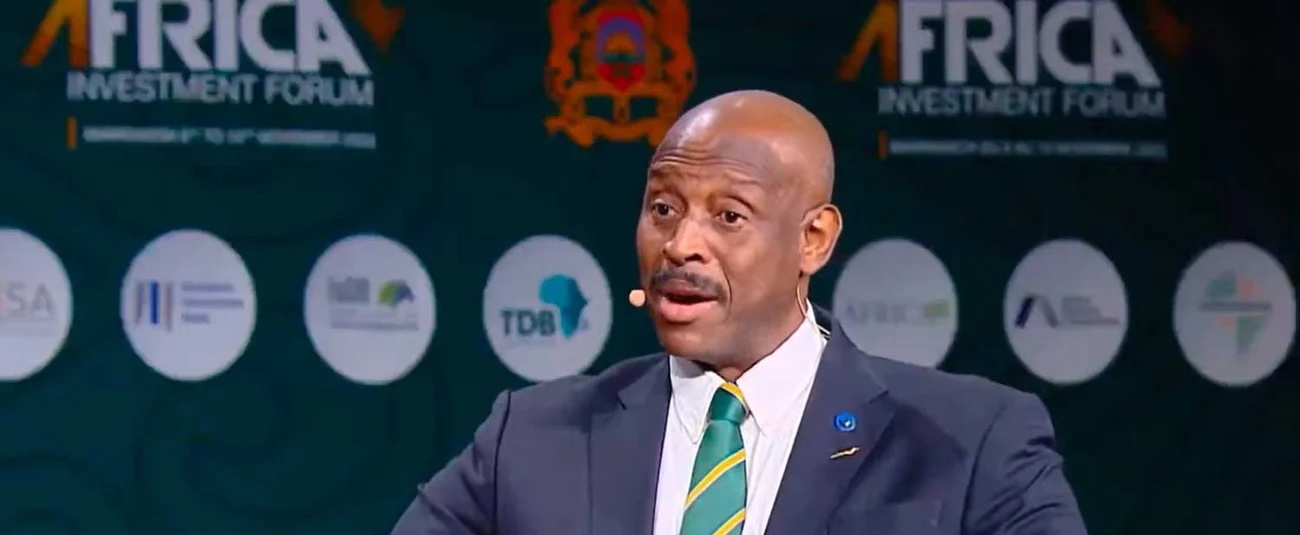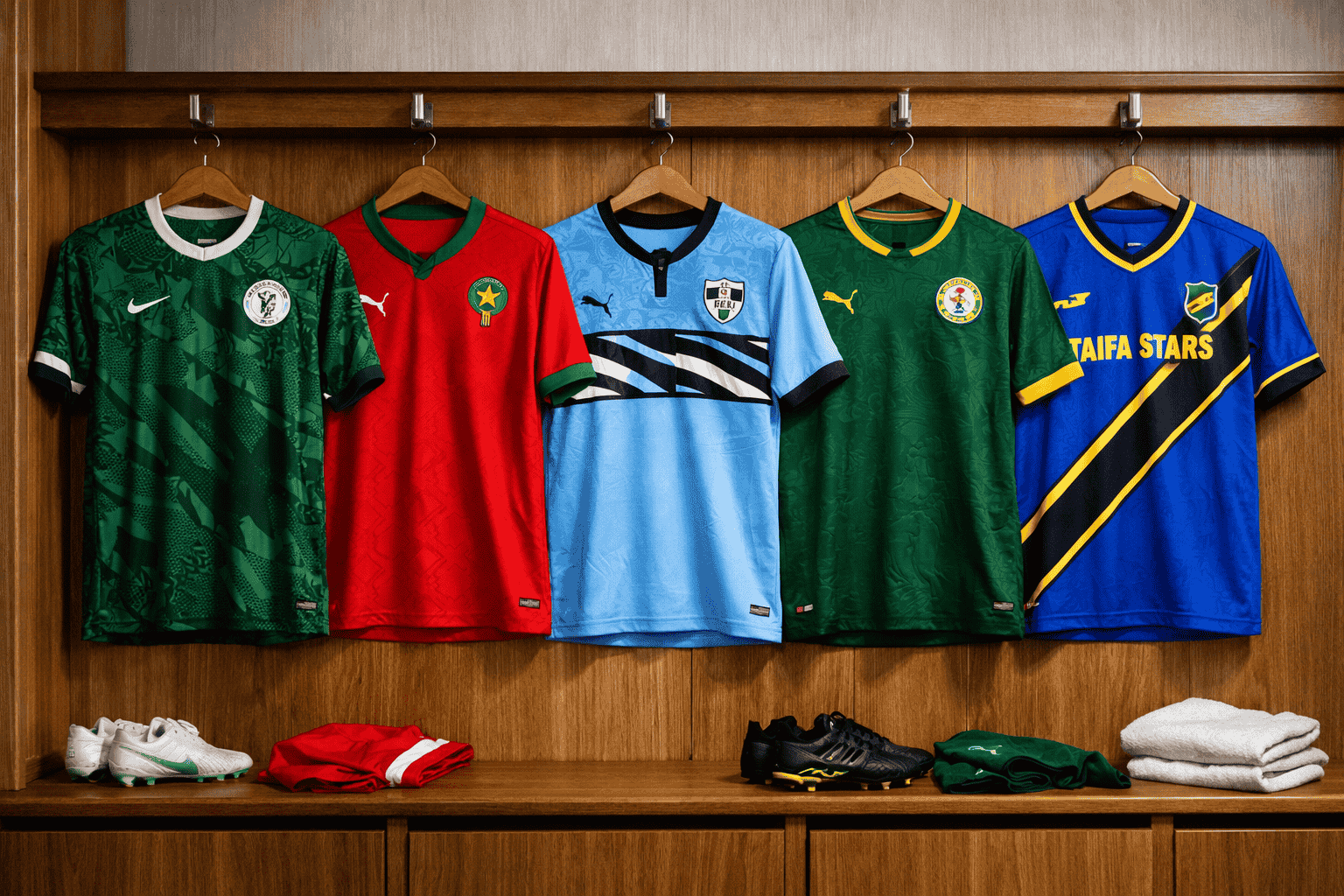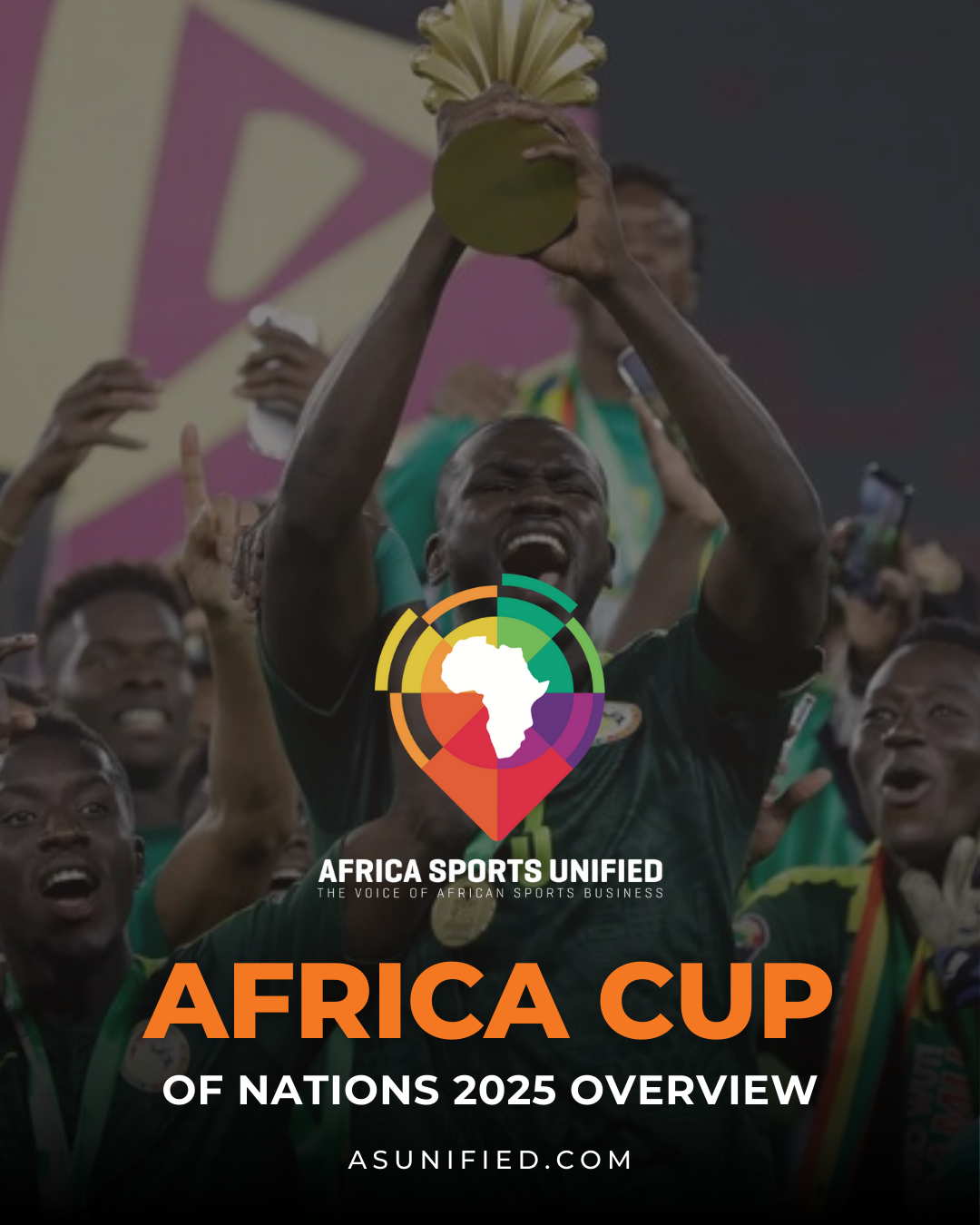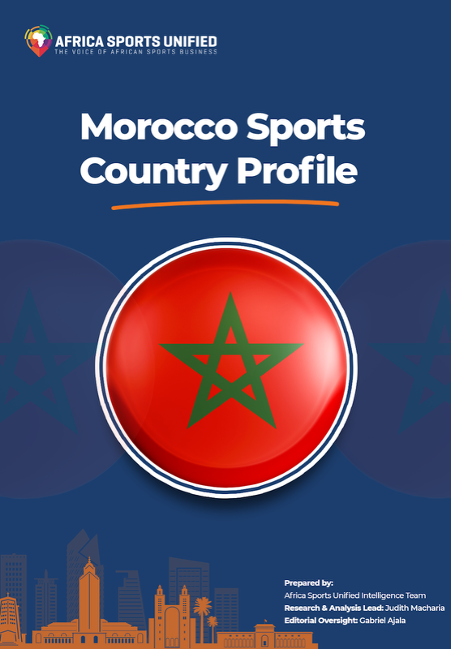Essential Tips for Founders Seeking Investment in African Sports
Gabriel Ajala
July 07, 2024

Key takeaways from the ASU Sports Business Podcast with Sporting Chance Fund & Sebastian McKinley focused on Investment in the African Sports Market.
As the African sports market expands, many founders are seeking investment to capitalise on the growing opportunities. In our recent podcast (links at the end of this blog) with Sporting Chance Fund & Sebastian McKinlay (who has several investments across Africa & The UK) focused on Investment, some invaluable advice was shared for founders looking to attract investors and grow their businesses in this dynamic market. In this blog, I will highlight 7 key takeaways from the podcast.
1. Understanding Investor Expectations
It was emphasised that founders need to understand what investors are looking for. This includes having a clear business model, demonstrating potential for growth, and showing how the investment will be used effectively. Founders should be prepared to present detailed plans and projections to convince investors of their business viability.
It is also very important for founders to do their due diligence when it comes to identifying suitable investors. Not all investors are interested in sports or have understand the market, therefore researching investors and their background will help in increasing the chances of investment.
2. Building a Strong Business Case
Having a strong business case is crucial for attracting investment. Founders need to focus on the unique value proposition of their business. This means clearly articulating what sets their business apart from competitors and how it addresses specific needs within the market. Any innovative aspects of their business, such as new technologies or unique approaches should be highlighted.
3. Addressing Market Size Challenges
Personally, this was key point from the perspective of an investor. Sebastian McKinlay highlighted one of the most significant challenges is the relatively small market size for sports in Africa. He advised founders to think beyond local markets and consider how their products or services can have a global appeal. By positioning their offerings in a way that resonates with international audiences, founders can attract investors looking for scalable opportunities.
The African sports market is expected to grow at a rate of 8% over the next 3-5 years, driven by a young population and the emergence of globally successful athletes in several sports, including football, basketball, and boxing. This growth presents significant opportunities for founders to develop products and services with global appeal (African Development Bank) (Research and Markets).
4. Fundraising Strategies in Different Contexts
This was another big takeaway for me from the Podcast, the differences in initial fundraising approaches between Africa and the West. Sebastian McKinlay was extremely insightful mentioning, In Western countries, it's common for founders to raise early-stage capital through friends and family. "In the US, it's not unusual for startups to raise $50,000 to $100,000 from personal networks,". However, in Africa, this can be challenging due to lower levels of disposable income among personal networks. "Many families in Africa don't have the disposable income to support such ventures, primarily due to lower average income levels and higher financial responsibilities," he explains. As such, Sebastian suggests alternative strategies for African founders, such as seeking out angel investors, applying for grants, and leveraging crowdfunding platforms.
5. Emphasising Sustainability and Impact
Investors are increasingly interested in businesses that offer both financial returns and positive social impact. The guests stressed the importance of demonstrating how the business will contribute to the local community and promote sustainable development. This can include initiatives such as building sports facilities that can be used by local schools or creating programs that support youth development through sports.
6. Creating Strategic Partnerships
Founders should seek to build strategic partnerships that can enhance their business and provide additional credibility. The guests suggests collaborating with local governments, sports organisations, and community leaders. These partnerships can help founders navigate regulatory challenges and gain support from key stakeholders.
7. Leveraging Technology
Incorporating technology can be a significant advantage in any business. The guests highlight the potential of digital platforms for engaging fans, improving athlete performance, and optimising operations. If possible and relevant, founders should integrate technology into their business to create added value and attract tech-savvy investors.
Conclusion
So those are my 7 key takeaways from the 2 part Podcast series. Securing investment isn't easy, let alone for a "relatively small market". It seems unless you are a major / elite sport (such as the NBA with The BAL) or an NGO (due to the amount of money available for sports for development initiatives), investment is hard to come by. However, the points made in this podcast should serve as great guide for those seeking investment to achieve long term success. As the market continues to grow, those who adopt those strategies will be well positioned to make a significant impact in the African sports market.
Listen to the Part 1 on Apple or Spotify || Listen to Part 2 on Apple & Spotify
Visit the Sporting Chance Fund website
Related Posts




